Elections in India are the most corrupt in practice. Voter decides on a corrupt government or a good government. But the first imperative is, voting. So please go to the polling booth.
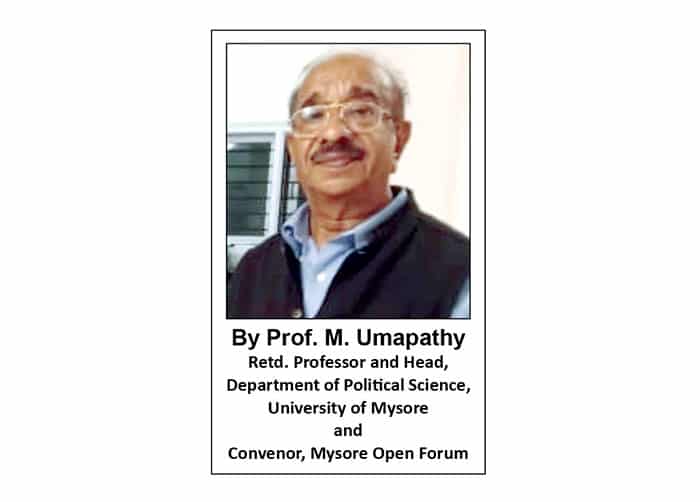
Election time is the spring time of politics. Issues like democracy, elections and electoral reforms, all come to the fore for much discussion, debate, diagnosis and prescriptions. Our hunger to improve them are behind it.
Democracy
“Democracy is a Government by the people, for the people and of the people,” said Abraham Lincoln in mid 19th century. A hundred and plus a few years later, Nath Pai, a brilliant member of the Indian Parliament, made fun of it by saying “Democracy is BUY the people, FAR the people and OFF the people.”
These two definitions indicate the fine expectations and the frustrating disappointments with democracy in theory and practice. Both of them are only partially correct.
Lincoln’s definition assumes democracy literally as a ‘cracy’ (rule) by ‘demos’ (people). It also assumes ‘all power to the people’ in a democracy. But both these are fallacies. Every Government is always ‘by a few’ and democracy stands for ‘all power to none’. It is a Government based on the theory of separation of powers or distribution of powers between different wings (Executive, Legislature, Judiciary) and levels (Central, Local) of Government. This makes democracy a “Government by checks and balances.” Incidentally the opposite of democracy is not even any and every dictatorship, but only ‘autocracy standing for all power to one.’
Yet, there is a definite difference between ‘Democracy’ and ‘other’ forms of Government. The Democratic Government is a Govt. of three ‘R’s namely 1. Representative, 2. Responsive and 3. Responsible.
Democracy demands, first, that only people’s Representatives will rule. Second, it demands that their rule must be Responsive or caring and responding to the needs, wishes and opinions of the people. Third, it expects the democratic Government to be Responsible or accountable to the people it rules.
To make the Government a representative one, Periodic, Free and Fair elections are the necessary instruments. To make it responsive democracy demands a ‘Government by Discussion’ in the elected Assemblies, independent judiciary, free media and anywhere by citizens. To promote this ‘Government by Discussion,’ the Constitution provides 1. Recognised and Respected opposition, 2. Freedom of press and media and 3. Freedom of expression to the citizens as Constitutional rights. Elections and a Government by discussion make the Government responsible or ‘Accountable’ too.
The demands of democracy are very tall. It is not enough if all the above are in the ‘Constitution of the country. Both rulers and the people should develop value and practice the ‘democratic culture’. There are today, democracy watchers and evaluators, who study and rate various democracies in the world on a scale of indices.
All said and done we must realise that democracy in operation always looks like what Prof. Galbraith called Indian democracy: “A functioning anarchy.” Yet democracy is the most civilised and Constitutional form of Government. Elections are the most complicated and corrupt systems in practice. They have improved overtime and will improve further through Electoral Reforms.
Elections
Karnataka Assembly Elections (2023) and the Parliamentary Elections (2024) are round the corner. ‘Election time’ is the ‘Spring time’ of the voter too. Voter’s importance, rights and duties all will be in limelight. The much pushed around common individual becomes the ‘Citizen in the central stage.’ Much more, he becomes ‘Voter – the God’ to be prayed, pleased and worshipped by the political class and parties.
The Right to Vote given to him enables the citizen to become a decider of who should represent and rule him, and how they rule for a given period.
The Duty to Vote is a very responsible one. For the nation or any community, it decides the type of governance it gets.
In these circumstances, the voter must exercise his valuable vote very carefully and responsibly. The first requirement is that he must vote as each vote counts. Remember that ex-MP R. Dhruvanarayan, who expired early this week, had won the Santhemaralli Assembly Constituency election in 2004 with just a ‘single vote majority’. Second, the voter must not allow himself to be lured by temptations offered by the candidates. He should realise that corruption in election is the mother of all corruption in Governments later.
Electoral Reforms
In the context of widespread electoral corruption prevailing, the voter and the nation must demand meaningful ‘electoral reforms’. First, our search for better candidates can move towards Primary Elections to select candidates. Second, the party system which is unregulated must be well regulated by a separate ‘Party Law’. Third, to reduce the role of ‘money power’ in elections, there is a need to move towards effectively reducing and limiting electoral expenditure and then meeting it through ‘State Funding’. Fourth, reforms in the electoral system to improve efficiency and effectiveness such as those recommended by various committees set up by the Governments such as the Tarakunde Committee and Goswami Committee are needed to be enacted and implemented.



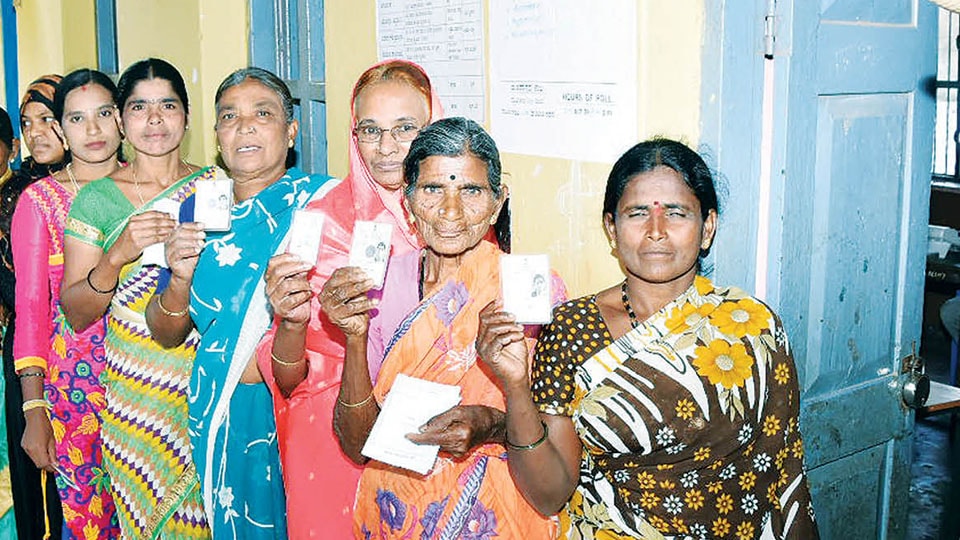
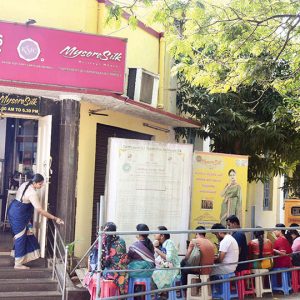
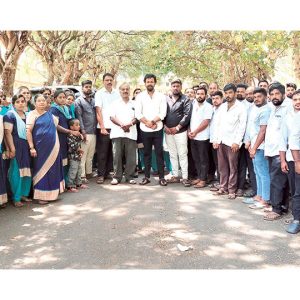
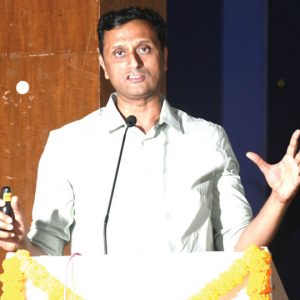
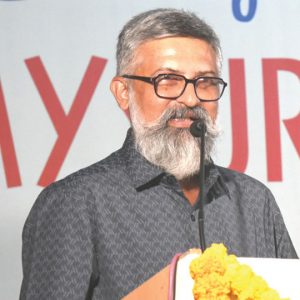
What this author has done is to argue against voting, as votes for honest candidates do not count any way. There are no honest candidates in India
Malpractices in every state of the election process means the successful candidates turn out to be the corrupt bunch of scoundrels. Honesty disappeared in India after its independence.
This author in asking every one to vote has argued a case for not voting as it means nothing, because the candidates who indulge corrupt practices in collusion with election officials always win. Probity in politics, institutions and in society disappeared when India became independent.